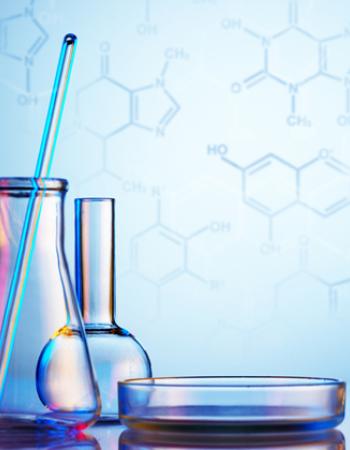Bisphenol A Detection in Various Brands of Drinking Bottled Water in Riyadh, Saudi Arabia Using Gas Chromatography/Mass Spectrometer
AlOlayan, i A Elobeid1, Zainab M Almarhoon , Promy Virk , Zeinab K Hassan , Sawsan A Omer , Maha ElAmin , Maha H Daghestani and Ebtisam M . 2012
Purpose: To assess whether bisphenol A contamination occurred in seven brands of bottled drinking water in Riyadh, Saudi Arabia.
Methods: Liquid-liquid extraction (using dichloromethane) was used to analytically extract bisphenol A from drinking water bottles and a gas chromatograph-mass spectrometer was employed for its detection using a splitless capillary column and helium as the carrier gas.
Results: The concentration of bisphenol A (BPA) was high in all the bottled water brands tested. The mean concentration of BPA of the bottled water stored indoors (4.03 ng/L) was significantly lower than that stored outdoors (7.5 ng/L).
Conclusion: Our results show that significant amounts of BPA leached from bottle containers into the water. Long storage of bottled water under direct sunlight should be avoided to reduce the risk of human exposure to BPA.

In recent years, the use of natural compounds has gained much attention due to their low toxicity and wide availability. This work focused on using oleic acid (OA) as a widely available natural…

A convenient and facile synthesis of (E)-Tert-butyl 2-(4-methoxybenzylidine) hydrazine carboxylate(a), (E)Tert-butyl-2-benzylidene hydrazine carboxylate(b), (E)-Tert-butyl-2-(2-nitrobenzylidene)…

Development of highly competent and stable electrocatalysts for electrochemical water splitting to attain oxygen evolution reaction (OER) and hydrogen evolution reaction (HER) is highly…

